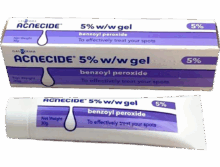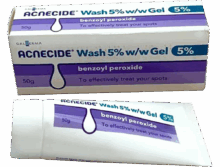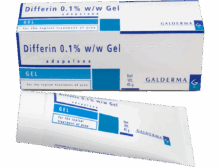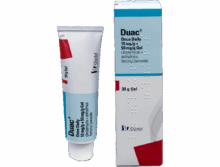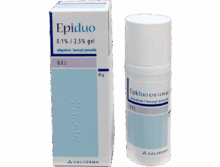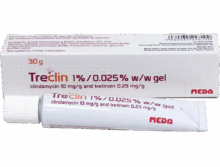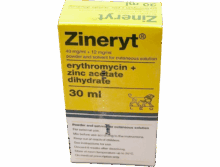Acne Treatment
Acne is a common skin condition which affects most people at some point. Over 80% of people between the ages of 11 and 30 will be affected by acne. Acne causes spots as a result of oily skin, dead skin cells and bacteria, clogging up pores.
